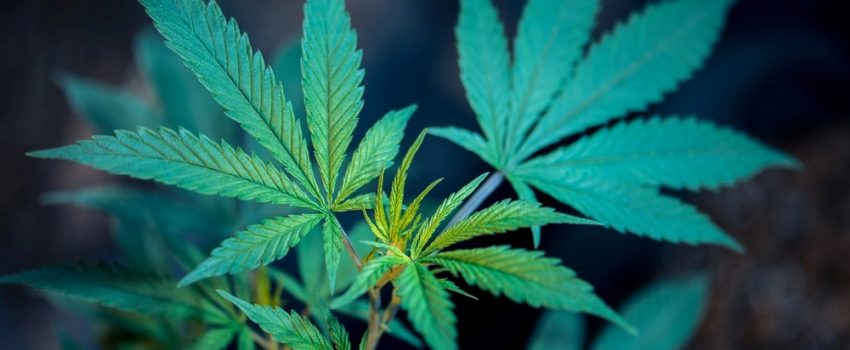It’s been all over the news as of late. The marijuana business in America is booming. Inboxes are filled with emails about Cannabis stocks, news reports detail how dozens of states are moving forward with cannabis legalization, and Big Pharma is waiting in the wings for its chance to capitalize on multi-billion dollar market.
What is rarely discussed is how does all the money from cannabis businesses – still illegal under federal law – get into our banking system. Recently, states like California and Colorado have attempted to address the banking problem by pushing legislation to ease banking restrictions, but little progress has been made.
However, the reluctance by banks to get involved with marijuana businesses is slowly fading. The number of banks willing to enter the industry is climbing, and as of the end of March, federal data shows that more than 400 banks and credit unions are currently providing accounts for marijuana businesses.
According to a report from the Treasury Department’s Financial Crimes Enforcement Network (FinCEN), that amount is up 20 percent since President Trump took office.
In January of this year, Attorney General Jeff Sessions decided to remove Obama-era Justice Department rules that deferred to states with regards to enforcement of marijuana laws in those states where it has been legalized.
The decision had a negative impact on advances by the cannabis industry to engage with financial institutions, as many banks decided to hold off until it becomes clear how the federal government would approach legalization.
The stigma of marijuana’s federal illegal status leaves banks with the fear of accepting marijuana money over being challenged with investigations for money laundering or other financial crimes. This situation forces legal marijuana businesses to conduct most business in cash, opening them up to the potential for robbery and tax problems.
However, as more states begin legalizing the cultivation, manufacture, and recreational use of marijuana and cannabis-related products, state legislatures are working with their Congressional representatives to address banking restrictions for the industry.
In early summer, a congressional committee voted down an amendment that would have protected banks that work with marijuana businesses from Treasury Department sanctions. If passed, the legislation would have opened the door for many financial institutions who are clamoring to take in cannabis money.
Regardless, federal data shows that more banks are cautiously entering the market, providing financial services in a way that is both legal and which insulates them from federal scrutiny.
The Trump administration has recently provided overtures, stating that it is looking at how the Treasury Department approaches cannabis banking, reviewing a memo produced by the agency.
“The SAR reporting structure laid out in the 2014 guidance remains in place,” the update states. “FinCEN will continue to work closely with law enforcement and the financial sector to combat illicit finance, and we will notify the financial sector of any changes to FinCEN’s SAR reporting expectations.”
In June, Federal Reserve Chairman Jerome Powell said that the gap between federal and state marijuana laws “puts federally chartered banks in a very difficult situation.”
He added that its mandate has nothing to do with marijuana and that the Fed would “love to see it clarified.”
Treasury Secretary Steve Mnuchin has also suggested to Congress that he would like to help facilitate banking for marijuana businesses.
More recently, members of Congress have been working on legislation that will decriminalize marijuana, at least for medical use, paving the way for a full reversal of its Schedule 1 drug classification.
Representatives have taken notice that in almost every state where either medical or recreational marijuana use has been proposed, it has passed with voter approval. “Clearly, states are moving. Almost every time it’s on a referendum, marijuana wins,” said House Minority Whip Steny Hoyer (D-MD).
Although we are not quite there yet, federal marijuana law reform is coming. With more than two dozen states legalizing the recreational use of marijuana, and even more approving medical marijuana, Congress must act so that these state-legal businesses can come out of the cash-model shadows and go mainstream for their banking needs.
Without significant changes to the federal banking rules, billions of marijuana dollars will continue to remain sidelined, rather than stimulating local economies, as millions of voters intended.






